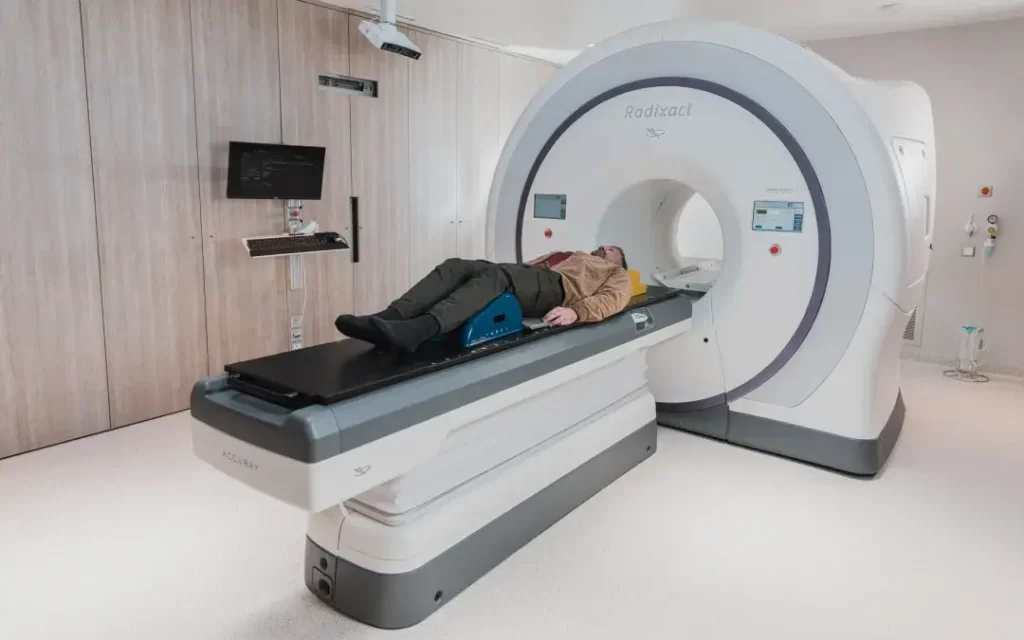Unraveling Memory Loss: Understanding Tests for Assessment and Recovery
Memory loss can have a significant impact on an individual’s quality of life, and timely assessment is crucial for understanding the extent of impairment and planning appropriate interventions. Fortunately, there are various tests available that can help evaluate memory function and assess the potential for recovery. Here are some commonly used tests:
Mini-Mental State Examination (MMSE): The MMSE is a widely used screening tool that assesses cognitive function, including memory, attention, and orientation. It consists of a series of questions and tasks that evaluate various cognitive domains. While it provides a general overview, it may not be sensitive enough to detect subtle changes or specific memory deficits.
Montreal Cognitive Assessment (MoCA): The MoCA is another widely utilized screening tool that assesses multiple cognitive domains, including memory. It provides a more detailed evaluation than the MMSE and can help identify mild cognitive impairment or early-stage dementia.
Neuropsychological Testing: Neuropsychological tests are comprehensive assessments conducted by trained professionals to evaluate various aspects of cognitive function, including memory. These tests involve a series of tasks that measure different cognitive domains, providing a detailed profile of an individual’s strengths and weaknesses.
Memory-Specific Tests: There are specific memory tests designed to assess memory function more comprehensively. These tests focus specifically on different memory processes, such as immediate recall, delayed recall, recognition, and learning capacity. Examples include the Wechsler Memory Scale (WMS) and the Rey Auditory Verbal Learning Test (RAVLT).
Brain Imaging: Neuroimaging techniques such as magnetic resonance imaging (MRI) and positron emission tomography (PET) scans can provide valuable information about the structural and functional changes in the brain associated with memory impairment. These tests can help identify underlying causes of memory loss, such as brain lesions or neurodegenerative diseases.
It is important to note that these tests are typically administered and interpreted by healthcare professionals, such as neuropsychologists or neurologists, who specialize in memory disorders. They consider the individual’s medical history, symptoms, and perform a comprehensive evaluation to provide an accurate diagnosis and appropriate recommendations for treatment and management.
Recovery of memory function can vary depending on the underlying cause, extent of impairment, and individual factors. In some cases, memory loss may be reversible with appropriate treatment or interventions. Cognitive rehabilitation, memory training programs, lifestyle modifications, and medication management are some strategies that may aid in memory recovery.
If you or a loved one is experiencing memory loss, seeking a comprehensive evaluation by a healthcare professional is crucial. The tests mentioned above can provide valuable insights into the extent of memory loss and guide appropriate treatment strategies. Remember, early detection and intervention play a vital role in promoting optimal outcomes and improving overall well-being.
Take the first step toward providing your loved one with the exceptional care they deserve. Contact us today at (936)596-3083 to schedule a personalized tour and learn more about our memory care and assisted living services. Our friendly team is ready to answer your questions and guide you through the process of finding the perfect caregiver at Woodlands Memory Care & Assisted Living. Together, we can create a supportive and nurturing environment where individuals with memory issues can thrive and lead fulfilling lives.






